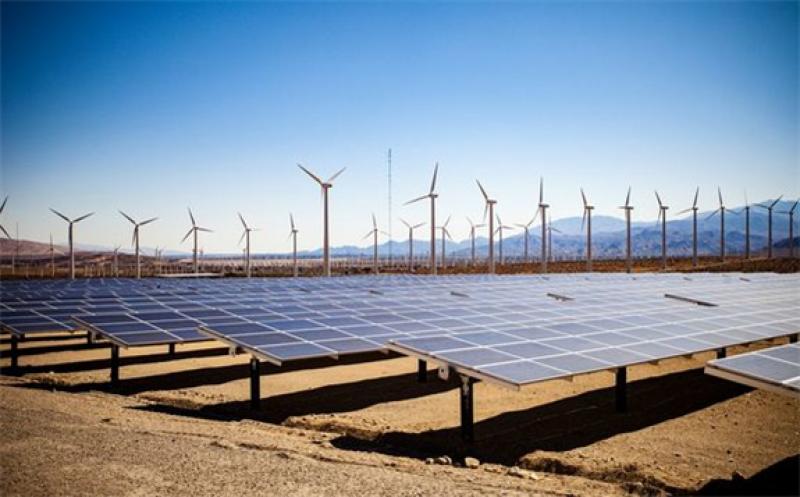
BNEF downgrades growth forecasts for global solar and battery sectors this year, as markets suffer fallout from escalating pandemic.
The coronavirus crisis gripping the global economy has forced clean energy analyst BloombergNEF (BNEF) to downgrade its expectations for the solar, battery, and electric vehicle (EV) markets, in one of the first signals that the escalating pandemic could undermine urgent efforts to combat climate change.
The influential analyst firm today released fresh projections looking at the likely effects of Covid-19 - which was officially declared a global pandemic by the World Health Organisation this week - on markets for renewable electricity, EVs, heating, cooling, and the circular economy.
With the impacts of the virus worsening around the world and governments deploying increasingly desperate measures to curb its advance, the analyst said it had cut its forecast for global solar demand in 2020 by 16 per cent, noting that the sector is heavily reliant on demand in China where strict limits on movement and commercial activity are being put in place to try and halt the virus spreading further.
As a result, while BNEF had previously expected solar demand to reach around 121-152GW in 2020, it has now downgraded its forecast to between 108-143GW, which it said would mark the first annual fall in solar capacity additions in at least three decades.
The global wind sector could fare somewhat better, however, thanks to tighter delivery and build schedules, and specialised equipment often being rented for a more limited time, BNEF said. Nevertheless, it warned there was still considerable downside risk on its original 2020 forecasts for wind capacity deployment, which had estimated new onshore and offshore installations could reach 75.4GW this year.
Moreover, the analyst expects Covid-19 headwinds to hit both the global car market as well as the burgeoning battery market, together spelling a potentially bumpy year of growth for EVs.
An optimistic estimate of Covid-19's impact on battery demand would see BNEF's original forecasts for growth downgraded by four per cent in 2020, thanks in part once again to interruptions to supply chains in Asia and a drop in demand as policymakers and businesses turn their attention to short term stimulus measures rather than longer term clean infrastructure deployment.
In addition, the global car market is set to be hit particularly hard by coronavirus impacts - particularly in China - which "will have ramifications for electric vehicles and battery demand", the update added.
BNEF explained that while the pressure on the supply of key components and equipment for renewables and clean technologies in China was likely to ease as the country restarts its factories, it was more concerned about demand being impacted "as policymakers divert attention away from clean energy to more pressing concerns".
Overall, the coronavirus crisis and resulting economic impacts, particularly on China, highlighted "the need for diversified supply chains and strengthened the case for localised manufacturing in Asia, Europe and the US, especially for batteries".
With the crisis having already had ramifications for the global oil market, contributing to a price war between Saudi Arabia and Russia, there remains uncertainty over the scale of the knock-on impact on clean energy markets.
Some observers have suggested a reduction in industrial activity and air travel could lead to a short term reduction in emissions, while there are hopes that a sudden focus on remote working could serve to embed habits that help to curb emissions in the long term. Campaigners are also likely to call for any economic stimulus package to be focused on driving climate action and building out low carbon infrastructure.
But BNEF's analysis will give rise to concerns the near inevitable economic slowdown resulting from the coronavirus crisis could deal a sizeable blow to global attempts to roll out clean energy sources and wean the world off its reliance on fossil fuels. Meanwhile, concerns remain that it could fuel further political nationalism and authoritarianism as well as carbon-intensive stimulus packages in some countries.
BNEF said it would continue to monitor the impact of the virus on clean energy markets going forward, in addition to tracking the effects on power, gas, oil, and carbon markets.